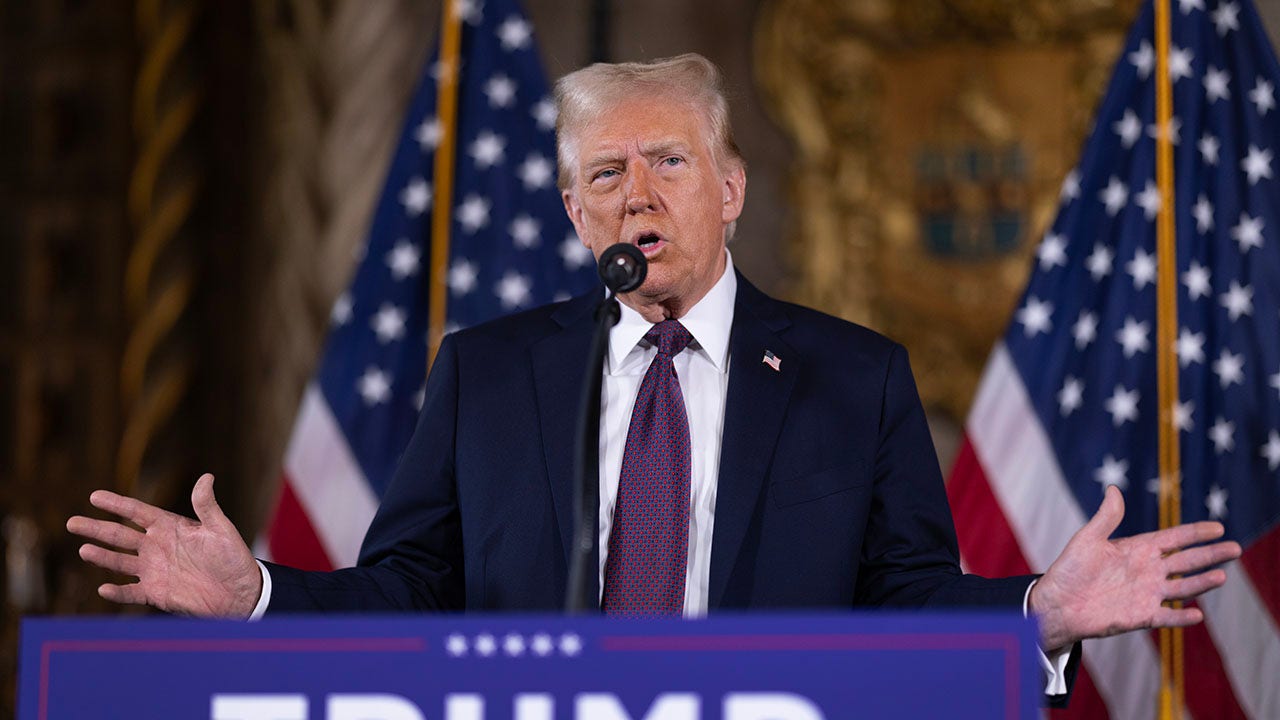RT
Under the above heading, Igor Sobotin wrote in “Nezavisimaya Gazeta” about the importance of the visit of the STC delegation to Moscow.
The article states: A delegation from the Southern Transitional Council of Yemen began a visit to Moscow, on February 1, to discuss with Russian politicians the prospects for stabilizing the situation in their country, which has been exhausted by many years of armed conflict.
In this regard, the senior lecturer in the Department of Political Science at the Higher School of Economics, Grigory Lukyanov, said to “Nezavisimaya Gazeta” that it is not necessary to search for a second floor in the delegation’s visit to Moscow. He said, “We need to remember what happened relatively not long ago, when the Southern Transitional Council was just formed and the conflict had just emerged between the Kingdom of Saudi Arabia and the United Arab Emirates. At that moment, the leadership of the Council, almost in its entirety, undertook a diplomatic tour.” In order to establish mutual understanding and contact with all the main actors, from their point of view and from the point of view of their allies, the UAE is important here, in order to obtain support, or positive neutrality at least.
According to Ukyanov, the political struggle continues, and foreign policy capital is not superfluous here, at all. He said, “Russia’s role in the Middle East has grown over the past five years. Despite some stagnation, Moscow’s power is sufficient to make it a must-visit point for any politician on the eve of important operations, especially in countries such as Yemen or Libya. It is decided,” For example, elections are held in Libya this year, and we see how politicians from this country have visited Moscow repeatedly in recent months. It seems to me, in this context, that the visit of the Southern Transitional Council delegation to Moscow should not be overestimated, as is the case with their first visit. The most important thing for Moscow and the Council is to establish the necessary contacts between them, which are continuing to this day.
The article expresses only the opinion of the newspaper or writer







